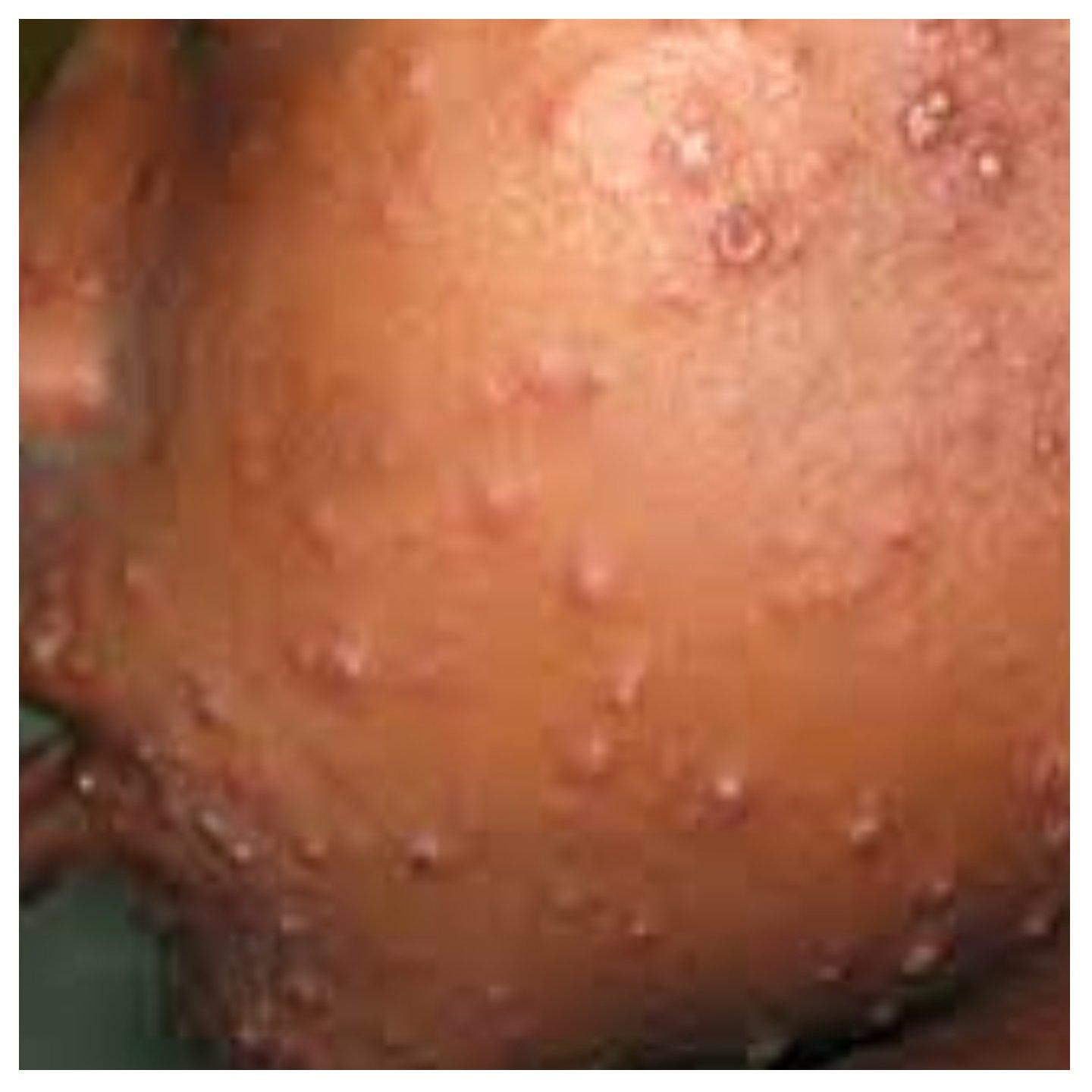
Europe has recorded its highest number of measles cases in 25 years, with infections doubling in 2024 compared to the previous year, according to a report by the World Health Organization (WHO) and the United Nations Children's Fund (UNICEF).
WHO’s regional director for Europe, Hans Kluge, described the resurgence of measles as a serious health warning. "Measles is back, and it’s a wake-up call," he stated.
In 2024, the European region reported 127,350 measles cases, the highest number since 1997. The disease, one of the most contagious viruses affecting humans, can severely weaken the immune system, leaving survivors vulnerable to other infections. It can also lead to serious complications such as pneumonia, encephalitis, severe dehydration, and even blindness.
Globally, measles remains a significant threat, with 359,521 cases reported in 2024. WHO estimates that 107,500 measles-related deaths occurred in 2023, mostly among unvaccinated or under-vaccinated children under five.
The European region, which includes 53 countries across Europe and Central Asia, accounted for nearly one-third of global cases last year. By early March 2024, WHO had recorded 38 measles-related deaths in the region.
The UN agencies highlighted a worrying trend of declining vaccination rates, which they linked to a resurgence in measles. After years of declining cases since 1997, measles infections rose sharply in 2018 and 2019, reaching 106,000 cases before dropping to a low of 4,440 in 2016. However, the COVID-19 pandemic disrupted immunization efforts, leading to a surge in cases in 2023 and 2024.
“Measles cases across Europe and Central Asia have soared over the past two years, pointing to gaps in immunisation coverage,” said UNICEF regional director Regina De Dominicis. In 2023, approximately 500,000 children in the region missed their first dose of the measles vaccine.
The report revealed that Romania recorded the highest number of cases in 2024, with 30,692 infections, followed by Kazakhstan with 28,147. Countries such as Bosnia and Herzegovina, Montenegro, North Macedonia, and Romania had vaccination rates below 80 percent in 2023, far below the 95 percent needed for herd immunity.
UNICEF and WHO are now working with governments, the European Union, and health organizations to prevent further outbreaks. They are focusing on community engagement, training healthcare workers, strengthening immunization programs, and launching measles vaccination campaigns.
The agencies urged governments dealing with outbreaks to take urgent action, including intensified case tracking, contact tracing, and emergency vaccinations. They also emphasized the need to address vaccine hesitancy, ensure equitable access to immunization, and build trust in vaccines to prevent future outbreaks.
Health
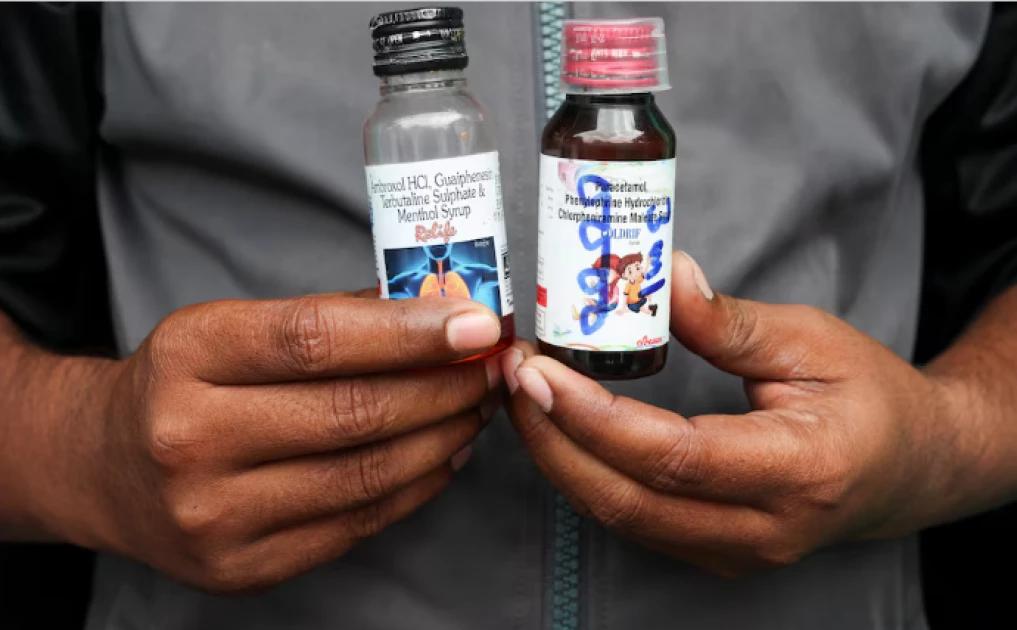
WHO Issues Alert Over Contaminated Cough Syrups From India
The World Health Organization (WHO) has warned about contaminated cough syrups in India after reports linked them to the deaths of several children in Madhya Pradesh’s Chhindwara district.
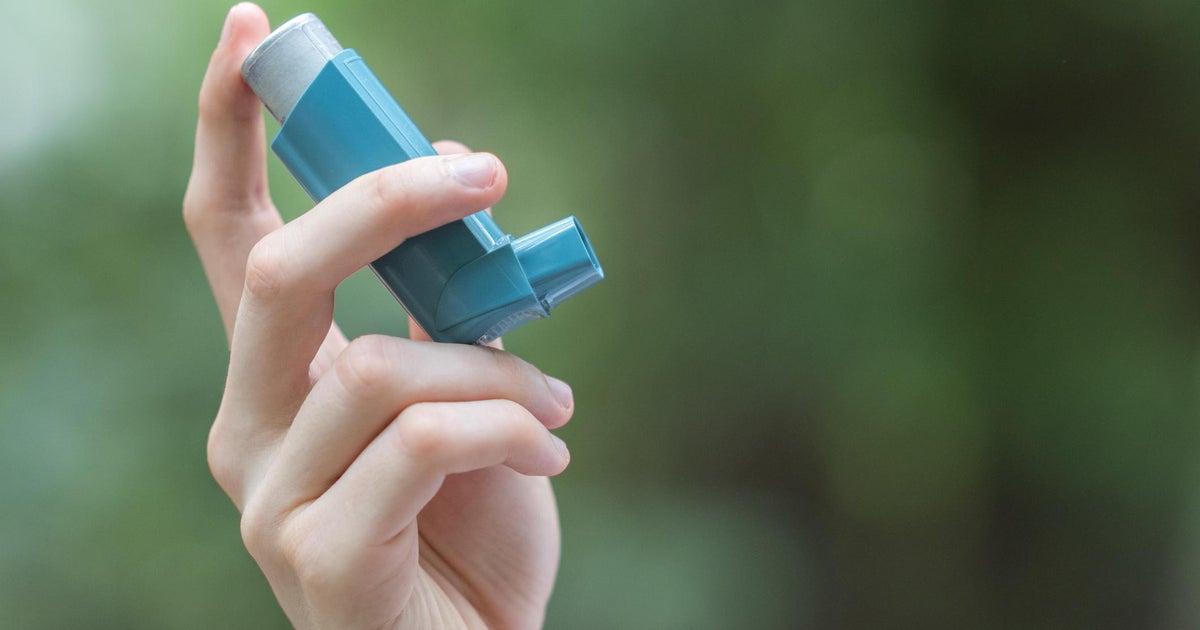
Inhalers Found to Emit as Much Carbon as 500,000 Cars a Year
Inhalers used to treat asthma and chronic lung diseases are responsible for a surprising amount of greenhouse gas emissions, new research shows.
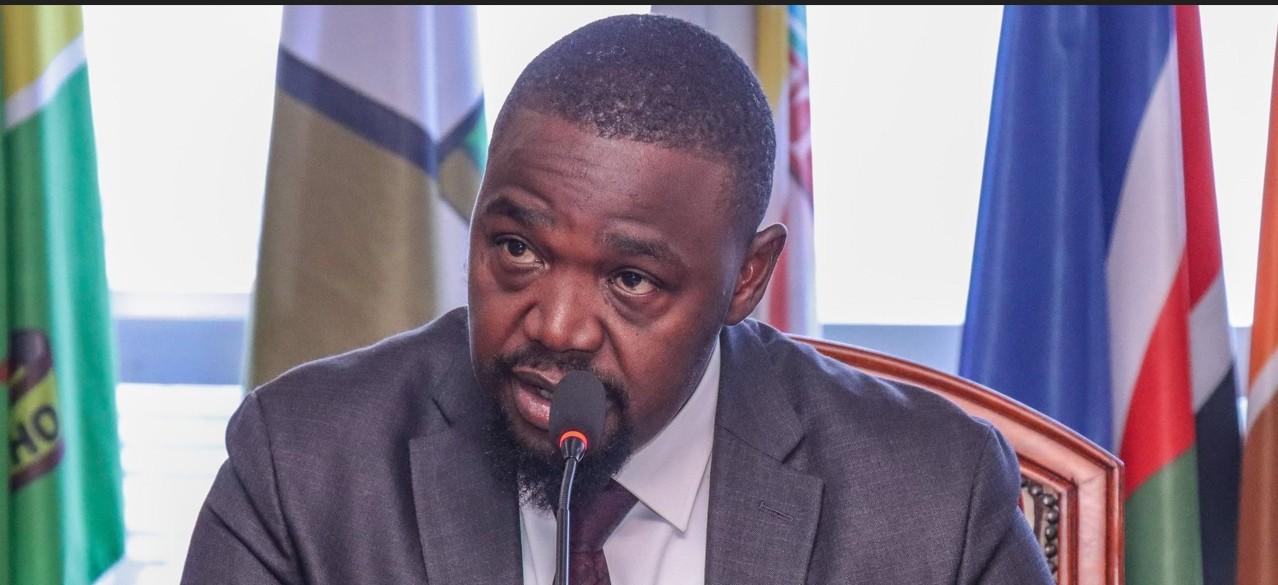
KMPDU Urges Ruto to Dissolve Kiambu Gov’t After 131 Deaths
The Kenya Medical Practitioners, Pharmacists and Dentists Union (KMPDU) has called on President William Ruto to dissolve the Kiambu County government following the reported deaths of 131 newborns during an ongoing doctors’ strike.
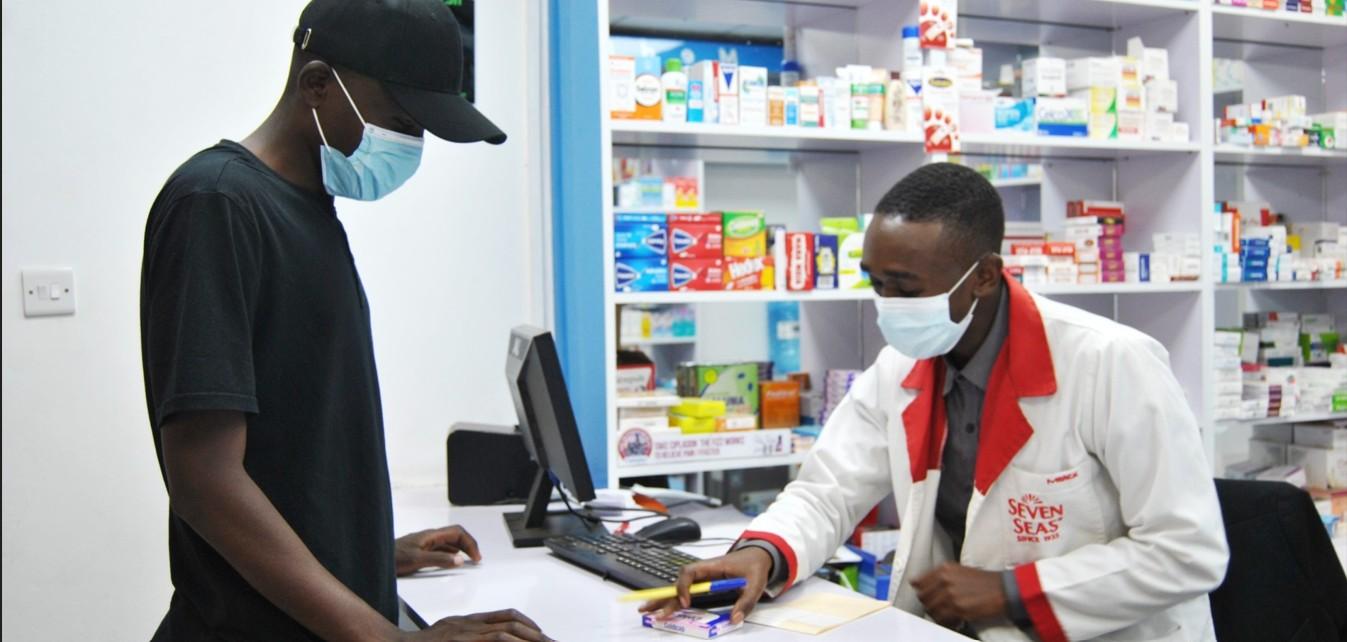
Pharmacy Board Refutes Medicine Import Ban Claims in Kenya
The Pharmacy and Poisons Board (PPB) has firmly rejected claims that it blocked over 21,000 medical products from entering Kenya, insisting that drug supply across the country remains uninterrupted.
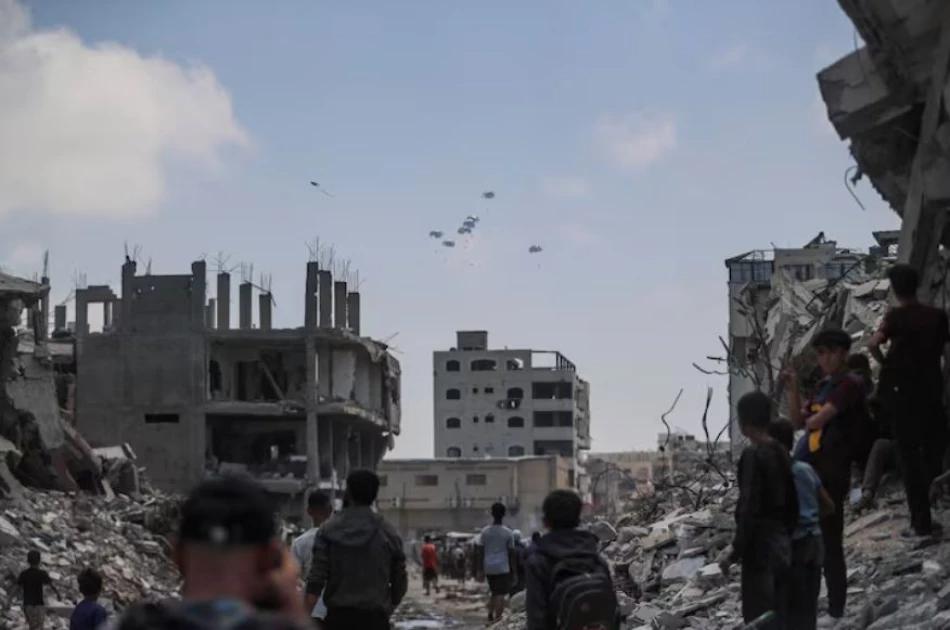
WHO: 42,000 in Gaza Suffer Life-Changing War Injuries
The World Health Organization (WHO) has reported that nearly 42,000 people in Gaza are living with life-changing injuries caused by the ongoing conflict, underscoring the severe human toll of the war.